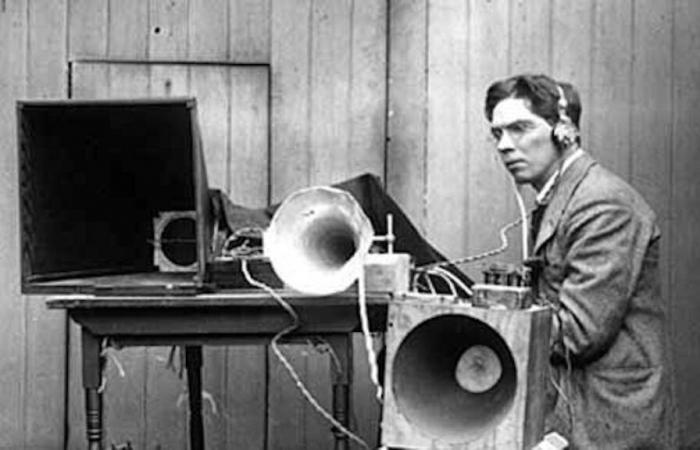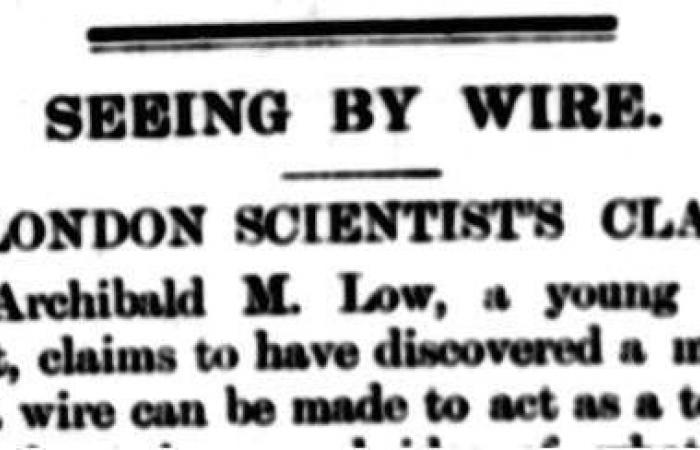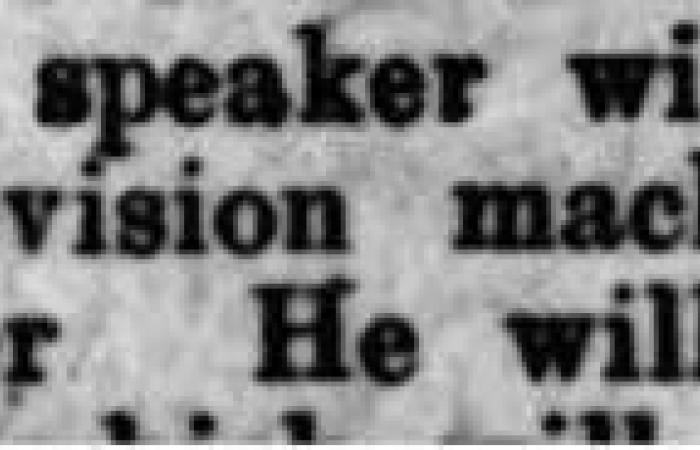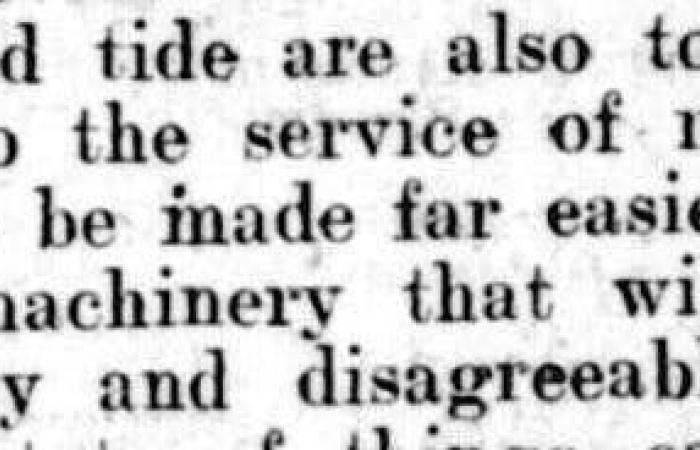-
Archibald Low (1888 – 1956) was an engineer, physicist and inventor.
-
In his book “The Future” (1925) he predicted the future quite precisely.
-
His vision included cell phones, television and wind power.
-
His genius even made him a target for German agents.
Professor Archibald Low made headlines in 1925 when he published his book “The Future”. In it he explained to an astonished public how he imagined “a day in the life of a man of the future”. Although he was far off the mark in some predictions, such as that we would all be wearing one-piece felt suits and hats today. Elsewhere, however, he was surprisingly correct.
Archibald Montgomery Low was born in 1888 and made a name for himself as an engineer, physicist, inventor and author of over 40 books. He invented the first motorized drone and contributed to the development of television. Because of his groundbreaking work on aircraft, torpedo boats and guided missiles, he is known as the “father of radio guidance systems”. Incidentally, he gave himself the title of professor, which some contemporaries took offense at.
Low’s work in the field of radio control systems made him known not only in Great Britain. The Germans also became aware of the inventor during the First World War. They tried to get him out of the way at least twice. In October 1914 he was shot at through his laboratory window. In the same month, a German visitor also tried to give him a cigarette laced with the poison strychnine. Low survived both murder attempts.
The newspapers reported on Low’s work early on, as the British genealogy service Findmypast.com writes in a blog entry on the 100th anniversary of his book. In 1914, for example, the professor showed what later became television, which he called “TeleVista,” for the first time. In fact, one of his most precise predictions relates to our media usage today.
In 1914, the “Civil & Military Gazette” in Lahore, now Pakistan, reported on Low’s “TeleVista”.
Civil & Military Gazette (Lahore)
Low explained how home speakers and “television machines” will replace the printed newspaper as a source of information and entertainment. People in 2025 will have access to global broadcasting at the push of a button. Low also predicted the triumph of wireless technology in the hunt for criminals and explained that in 2025 criminals will be hunted using secret cameras and listening devices.

The Westerham Herald wrote about Low’s visions in July 1925.
Westerham Herald
treadmills and cell phones
According to Low, “moving walks” would make it easier for modern people to move around. We also use these diligently today. If not on the street, then at least in airports, larger train stations and subway stations. There, the treadmills make it easier for us to move between terminals and when changing to another train line.
Of course, cell phones should not be missing from a successful vision of the future. Low spoke of communication “via personal radios” and “automatic telephones” that always dial the right number.
Low recognized the potential of wind power
Low also knew how to generate energy today in 1925: “Wind and tides must be put at the service of people.” While tidal power plants tend to live in the shadows today, wind power has become an important building block towards a net-zero society.
Low further predicted: “Life will become much easier with the use of machines to do all the hard and unpleasant work.” Here too, Low hit the mark. Industrial robots, for example, carry out difficult tasks in factories, while computers and, increasingly, artificial intelligence free us from unpleasant tasks.

“Wind and tides must also be put at the service of people.”
Gloucestershire Echo
Low even foresaw the radio alarm clock, as a newspaper wrote at the time: “The average citizen is woken up on time by an alarm clock that receives the appropriate signal at the time you want to get up.” And around 9:30 a.m. – which was a bit optimistic.
Women in pants
Also more in the category of “ruthlessly imaginative,” as one newspaper called Low’s prophecies, are new possibilities for street lighting with herbs, electrically charged water jets as a replacement for cavalry, and electrical communication from mind to mind. Here Low was wrong. But not when he predicted that women would wear trousers in 2025, something unimaginable at the time, and that in the future it would be possible to determine the gender of a baby before birth.
All in all, Archibald Low had a very positive outlook on the world of the future. And this at a time that was anything but easy for the people between two devastating wars. Perhaps, despite the challenges of today, we should let ourselves be inspired by Low’s optimism and look to the future with a little more confidence. How do you see the world in 100 years? Write it in the comments.
Have you been following on Whatsapp for 20 minutes?
A news overview in the morning and at the end of the day, surprising stories and breaking news: Subscribe to the 20 Minutes WhatsApp channel and you will receive regular updates with our best stories directly to your cell phone.









